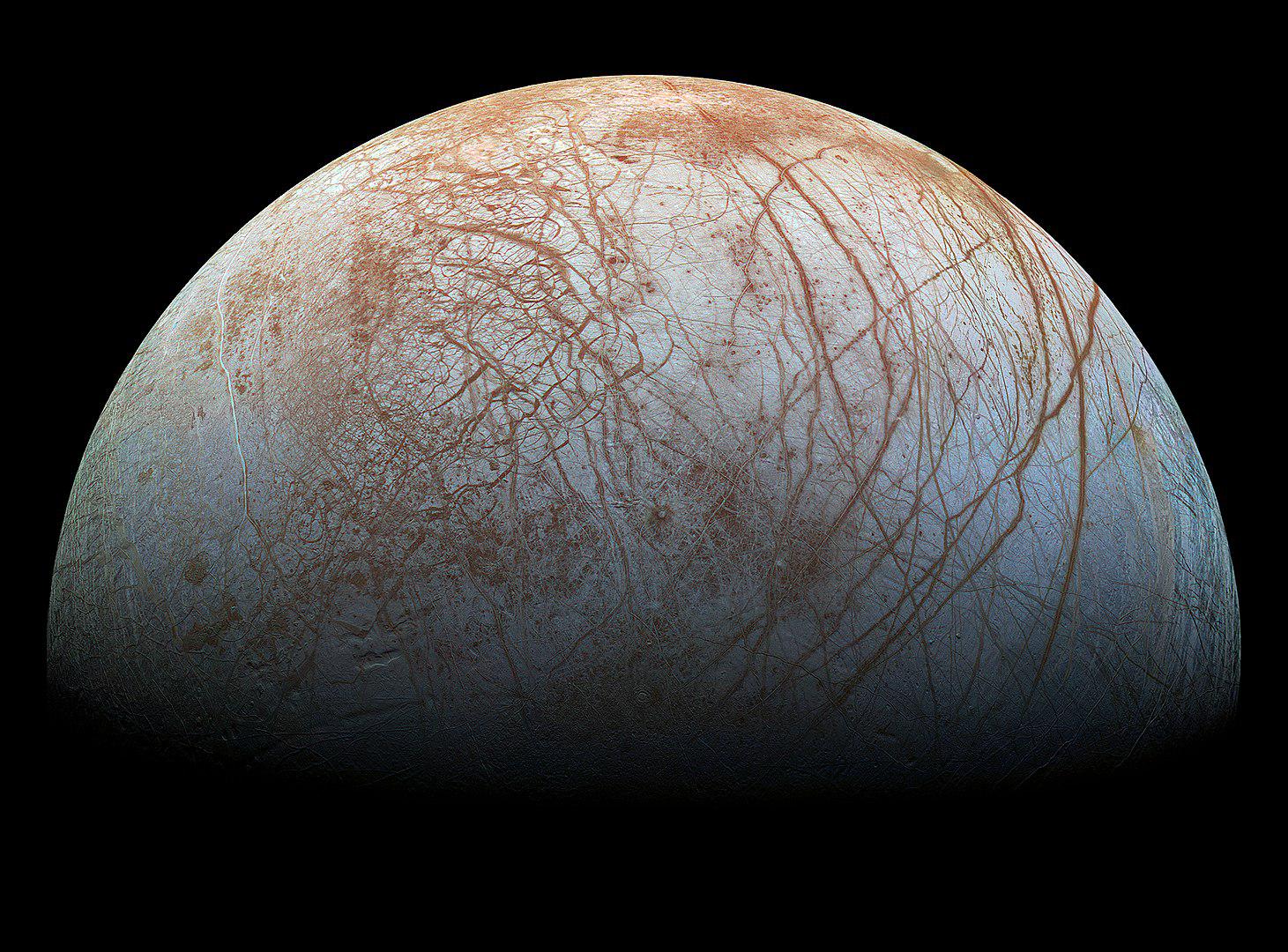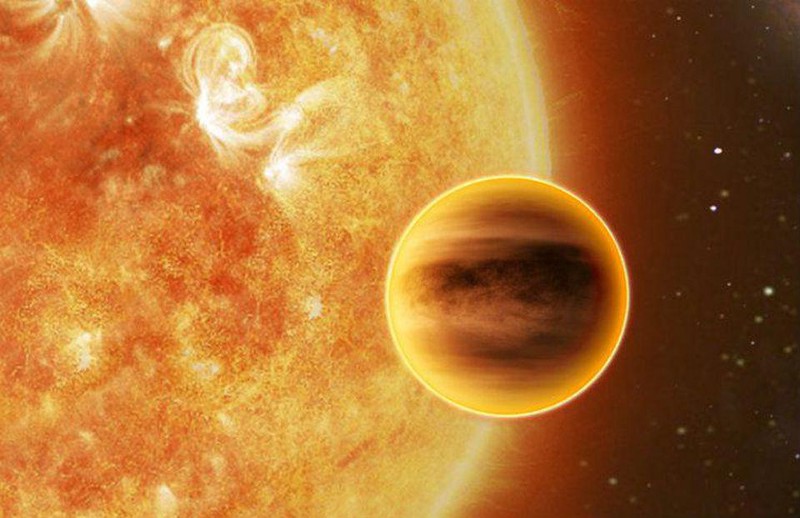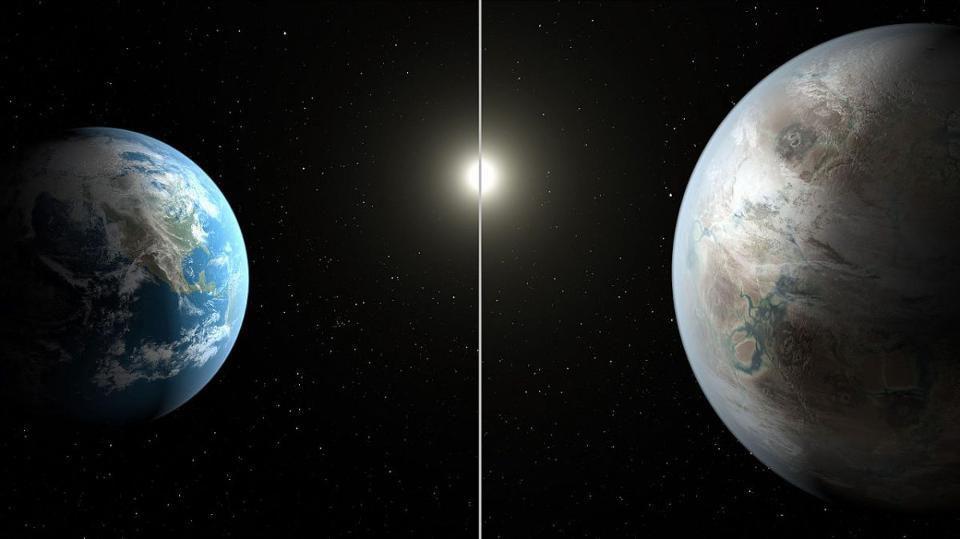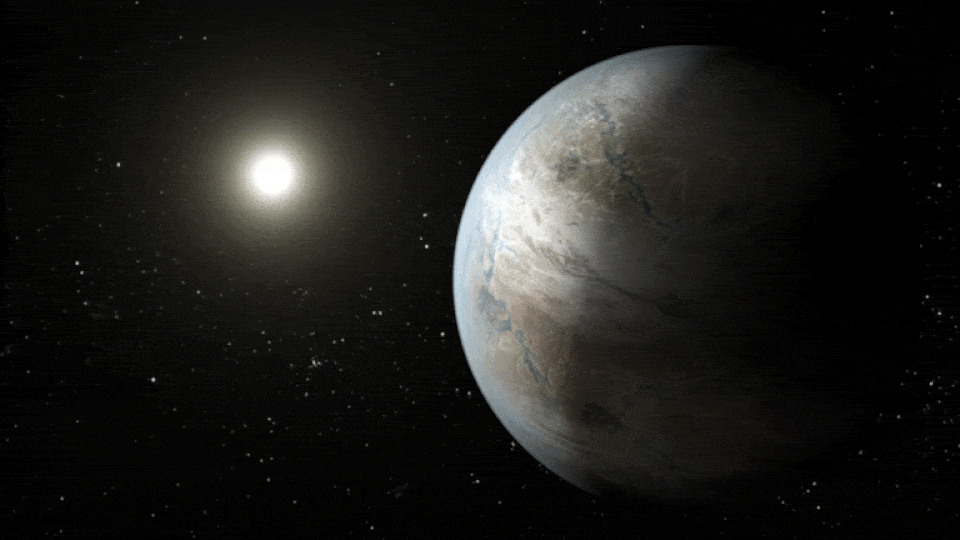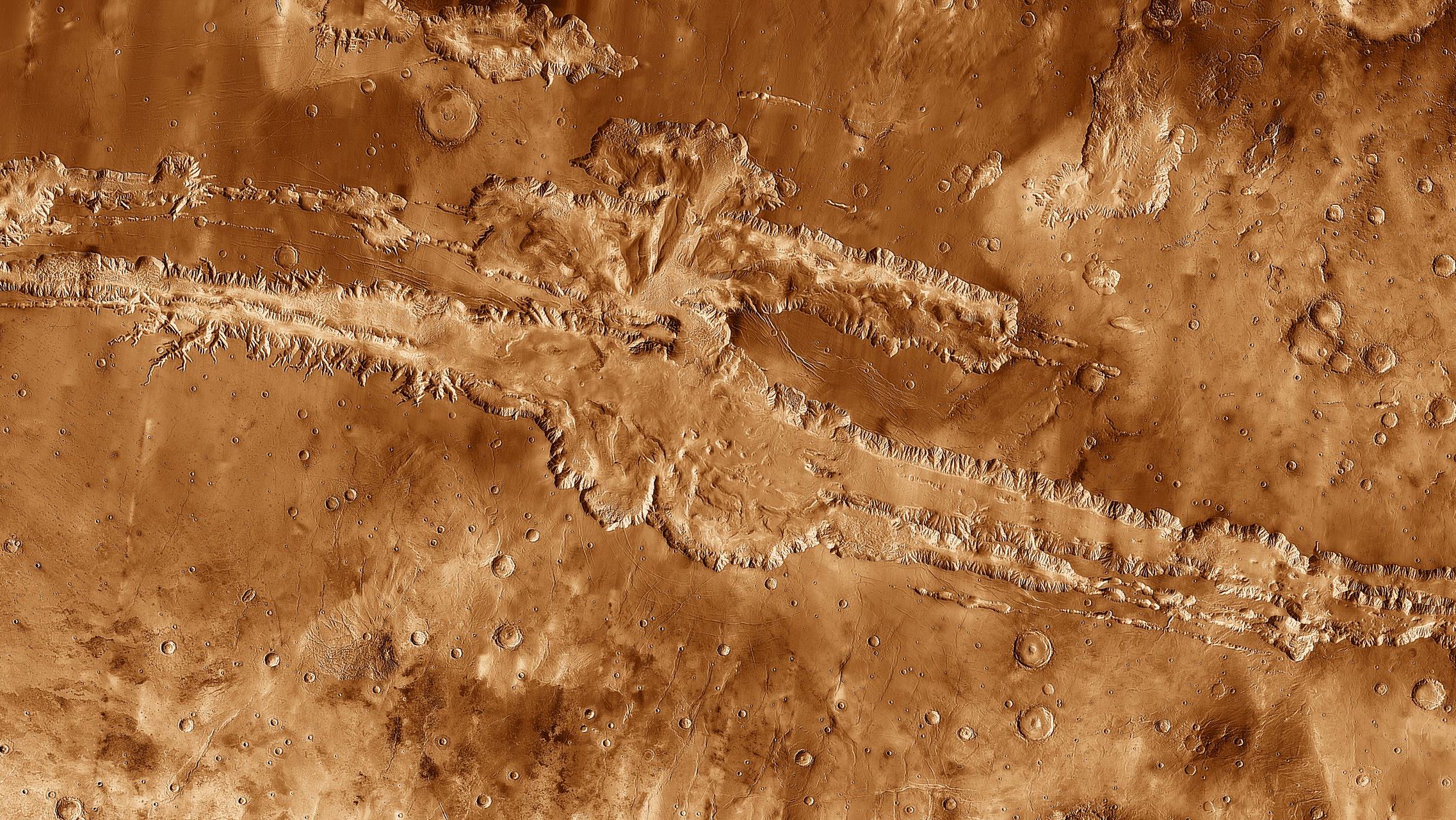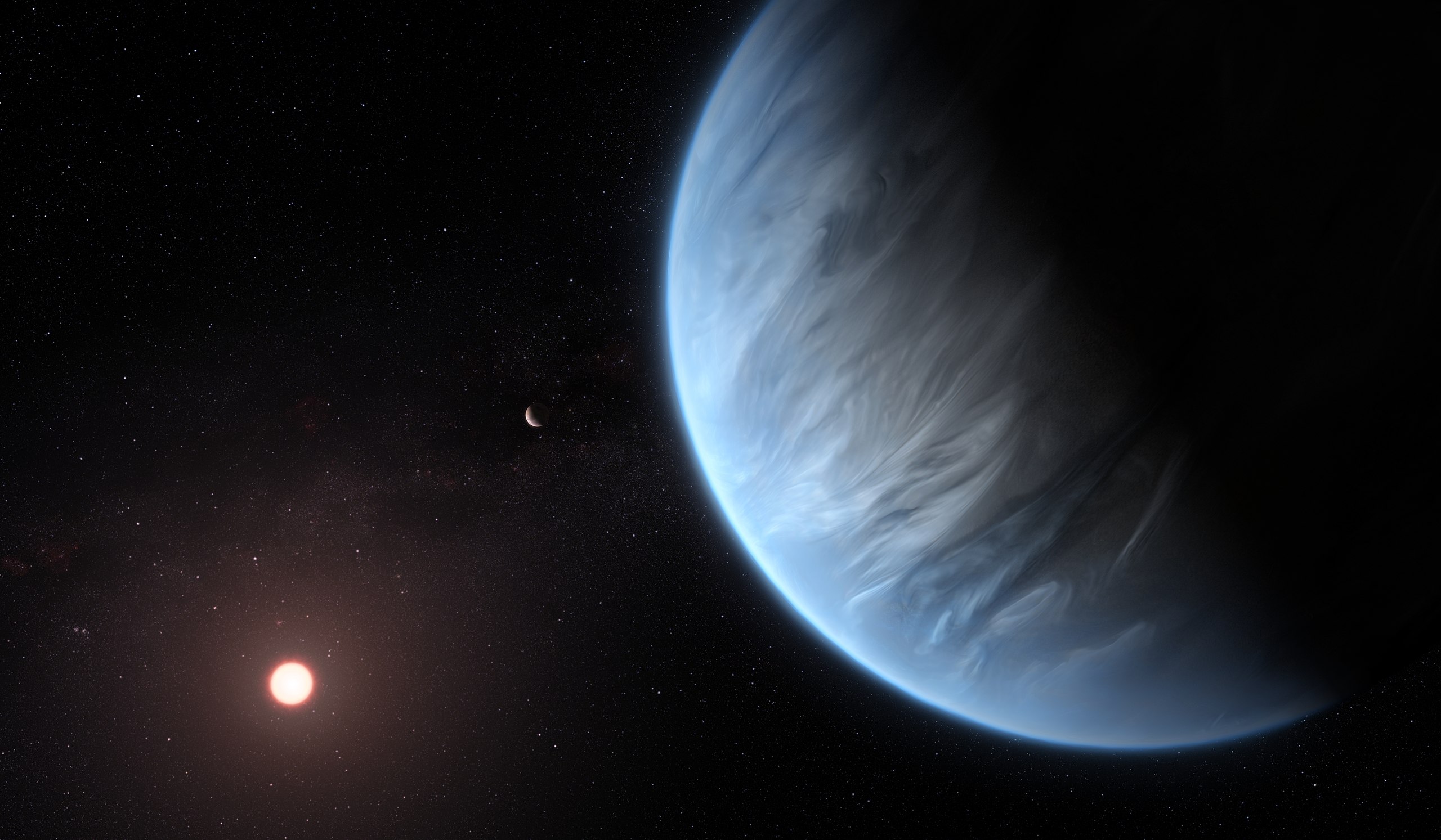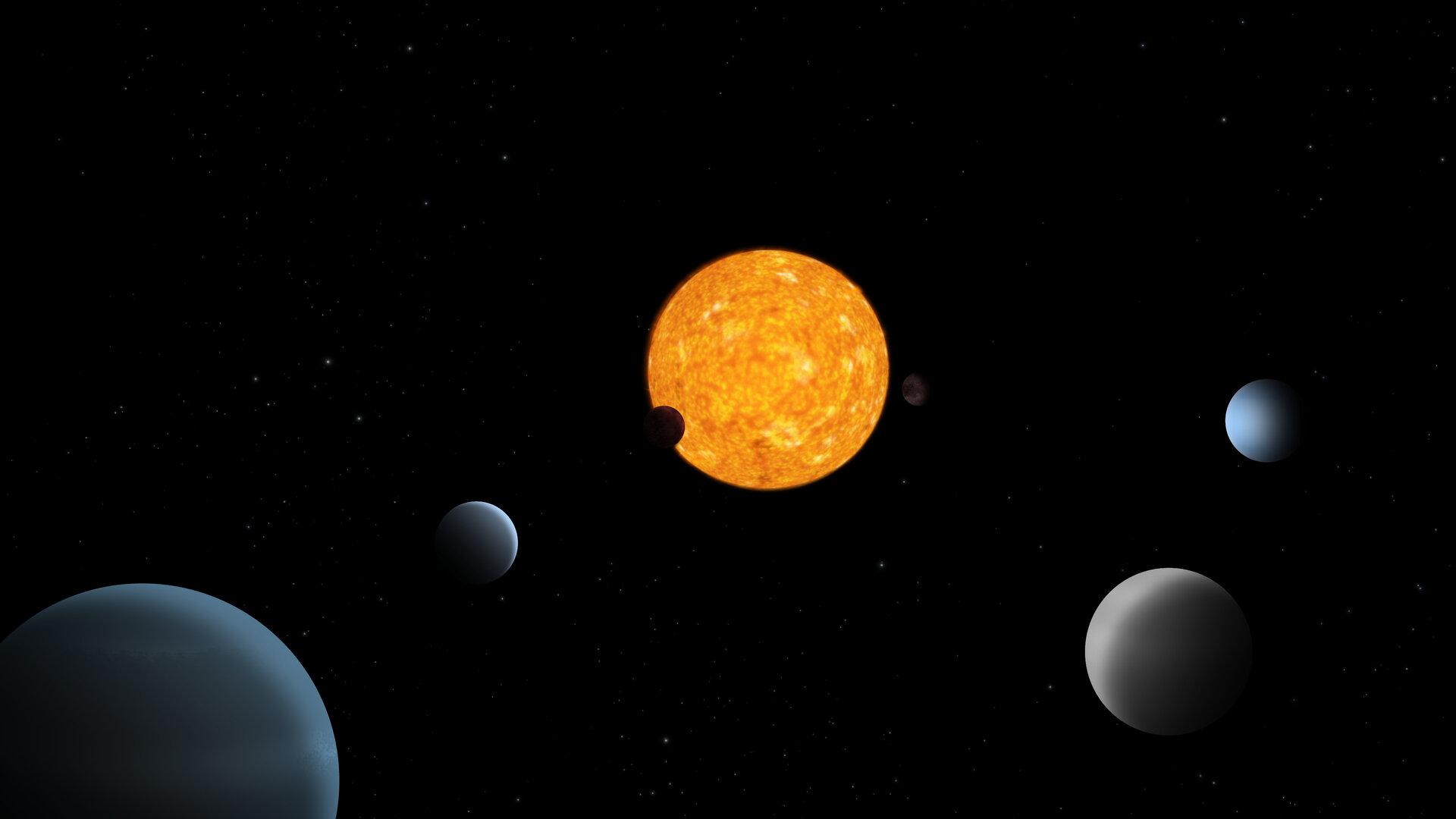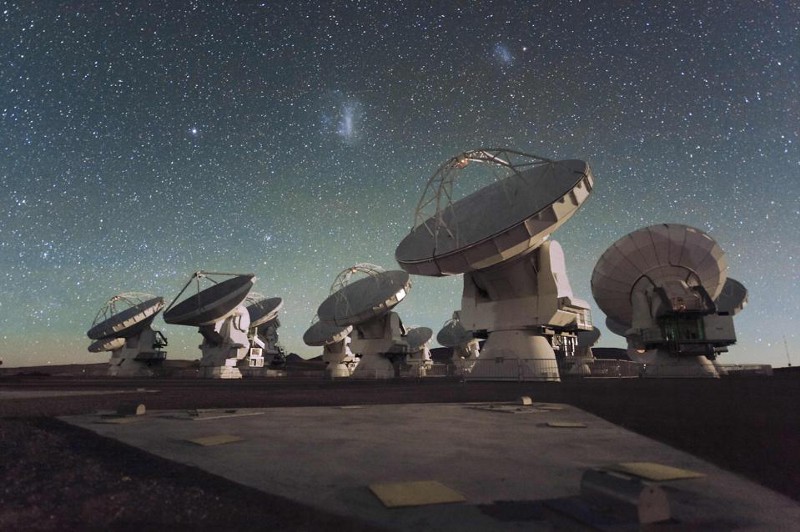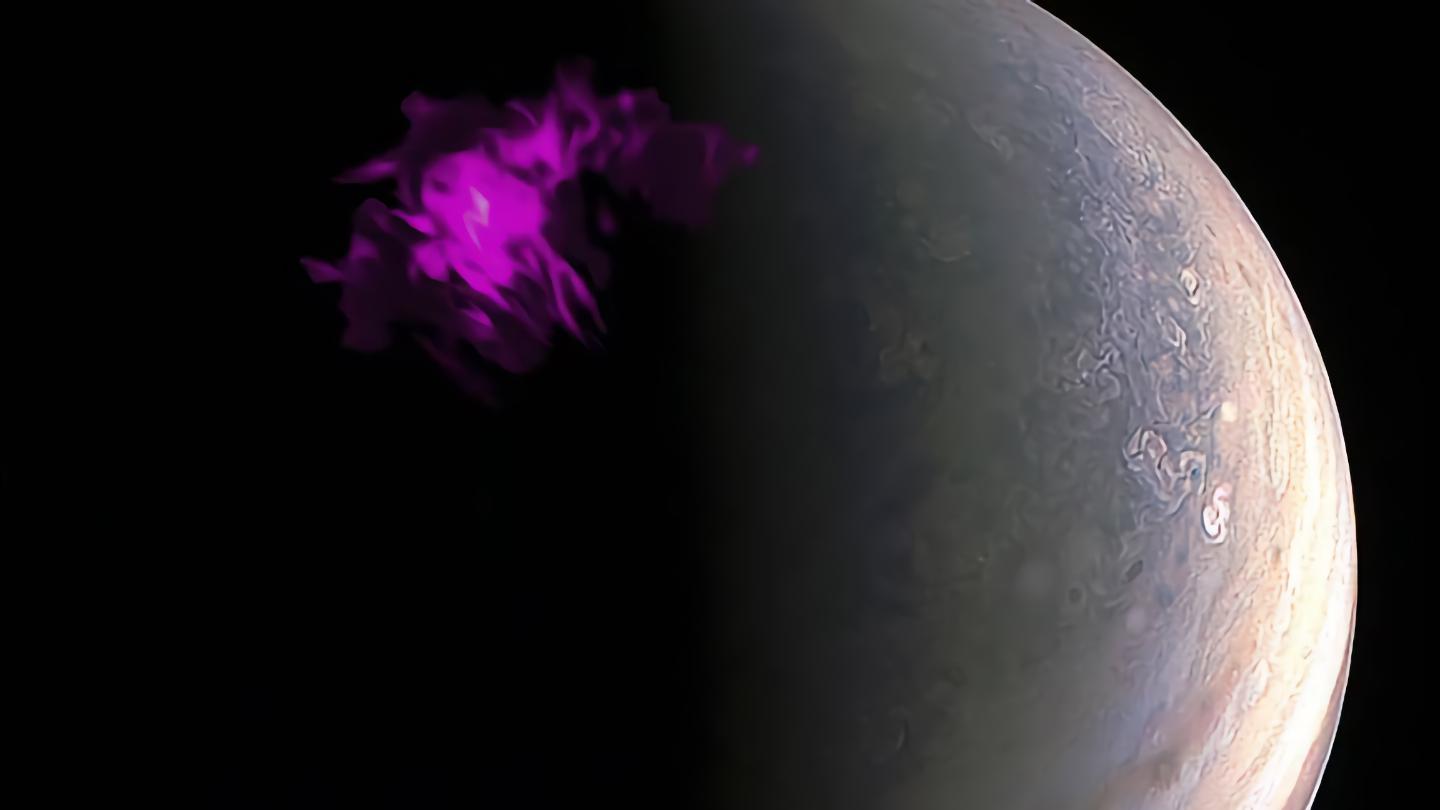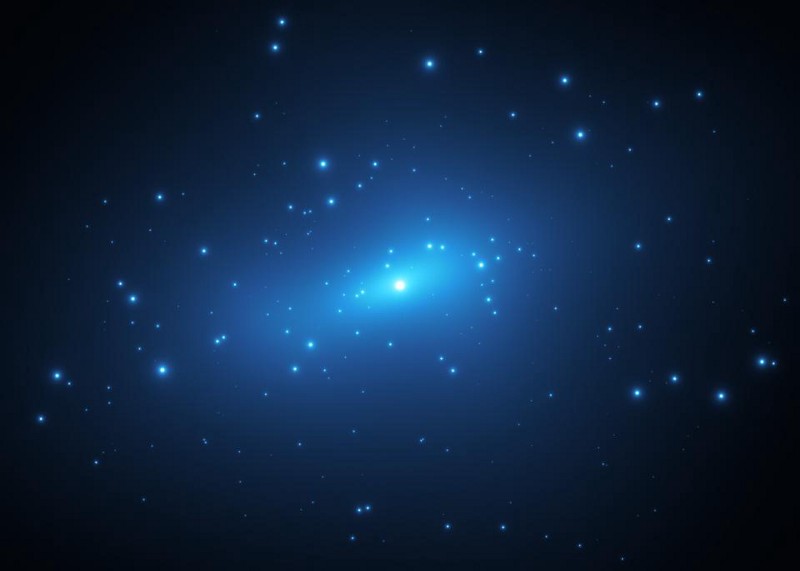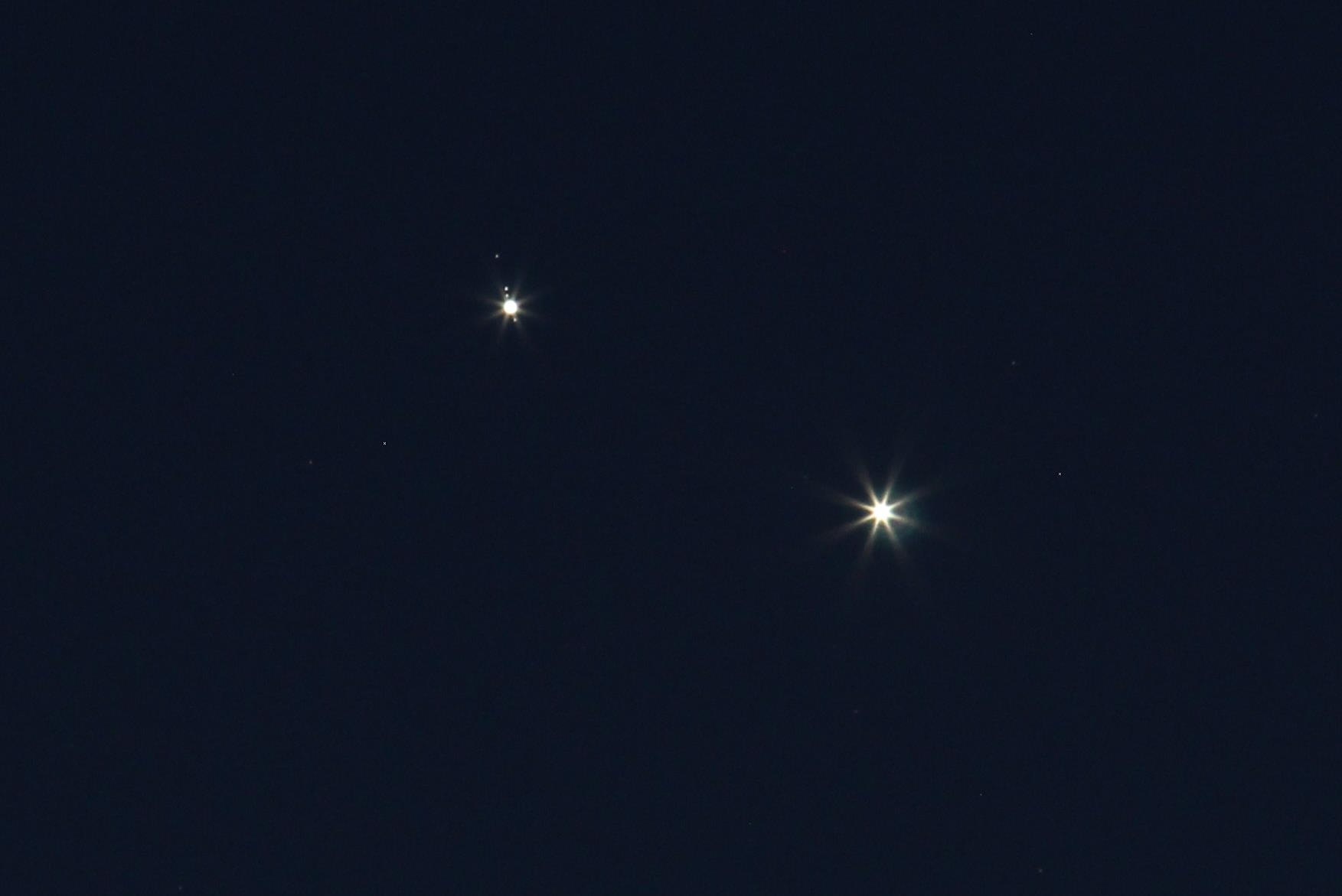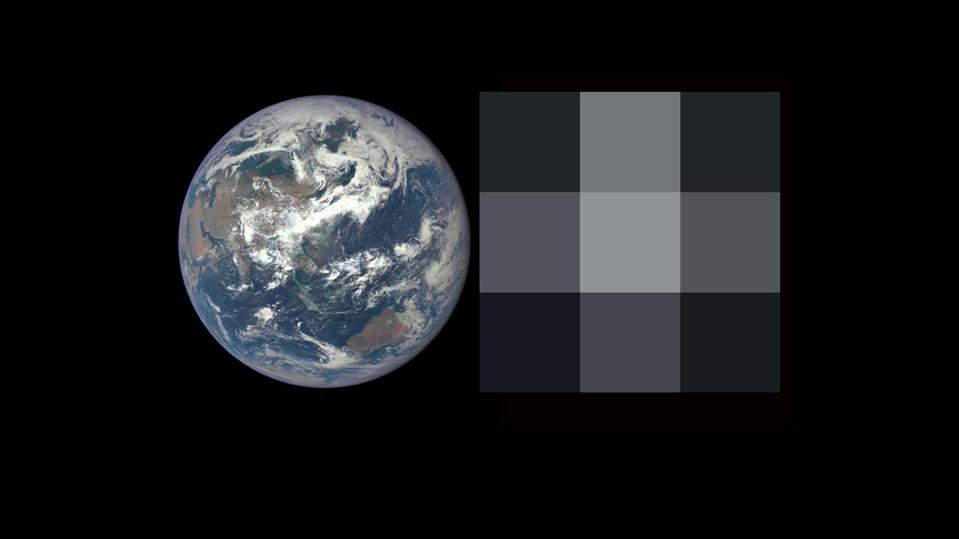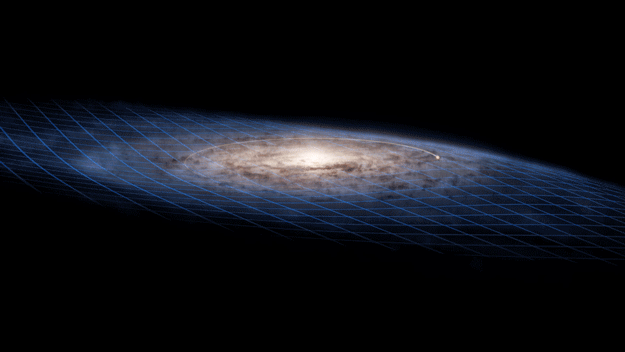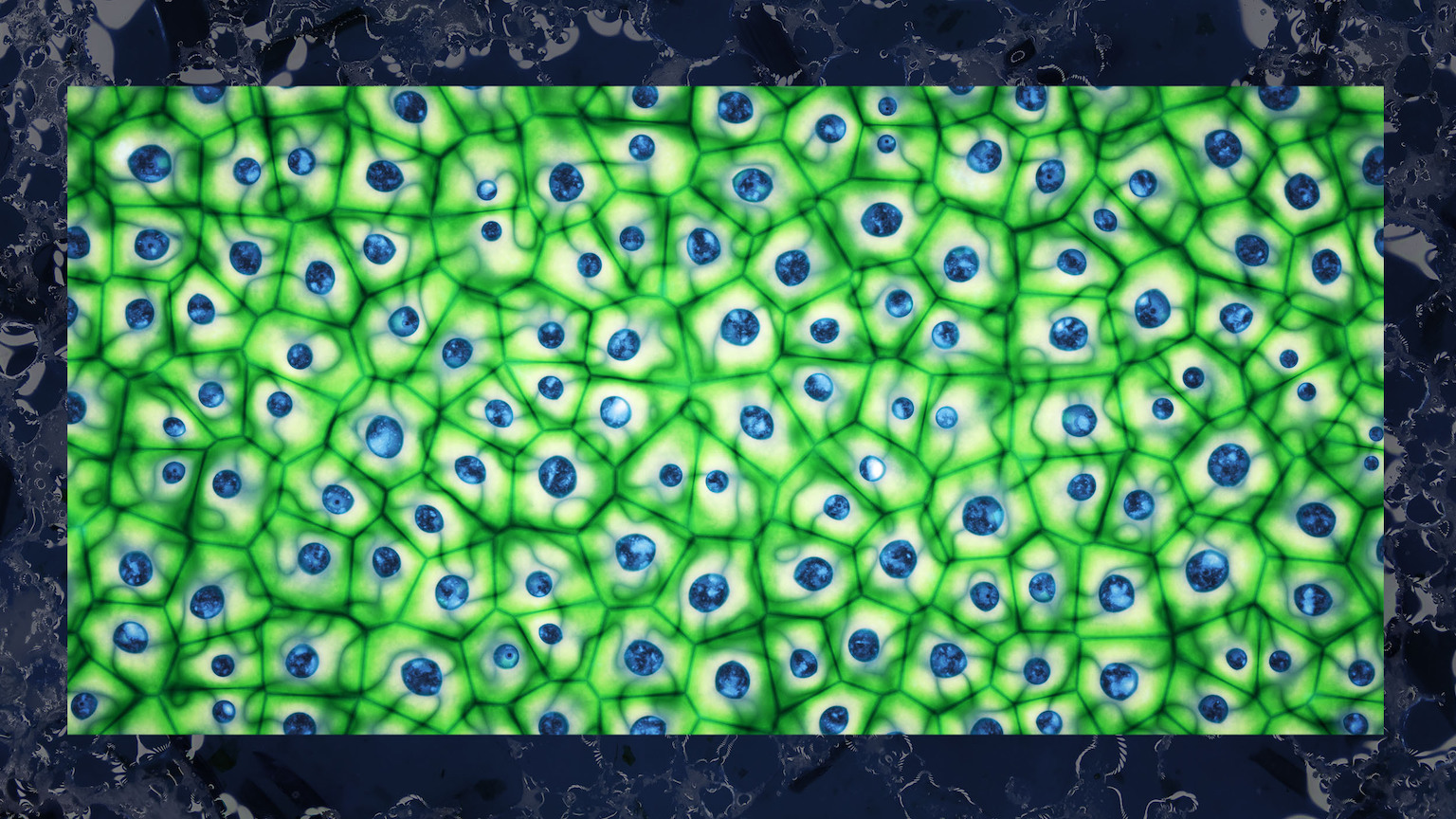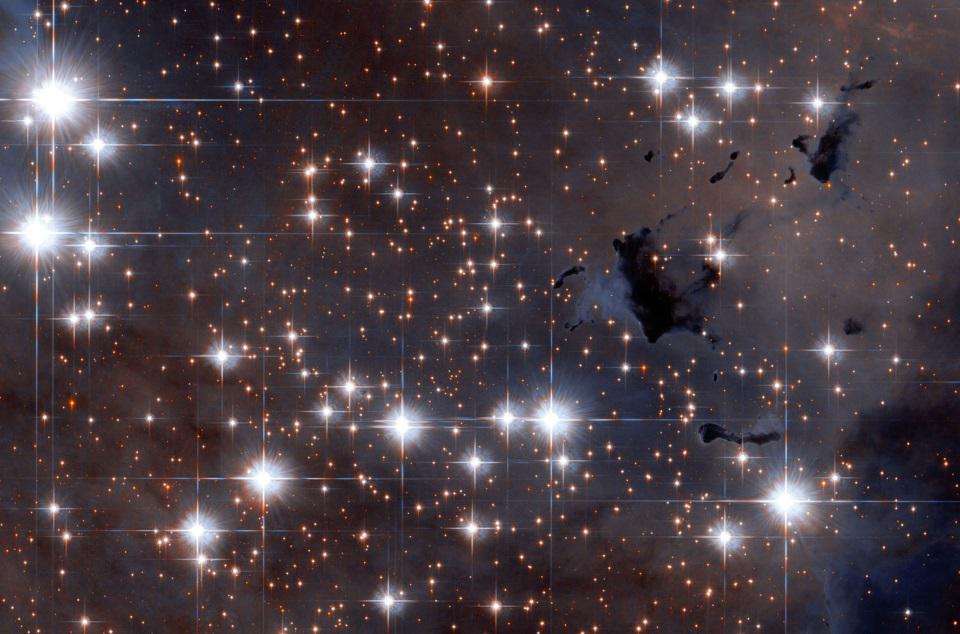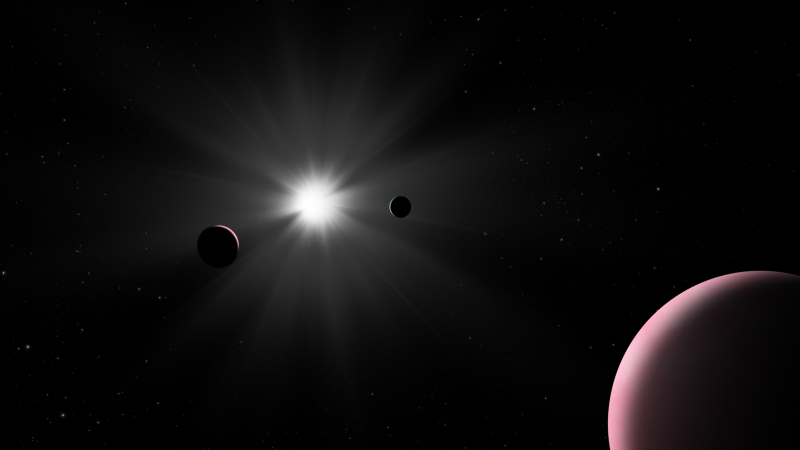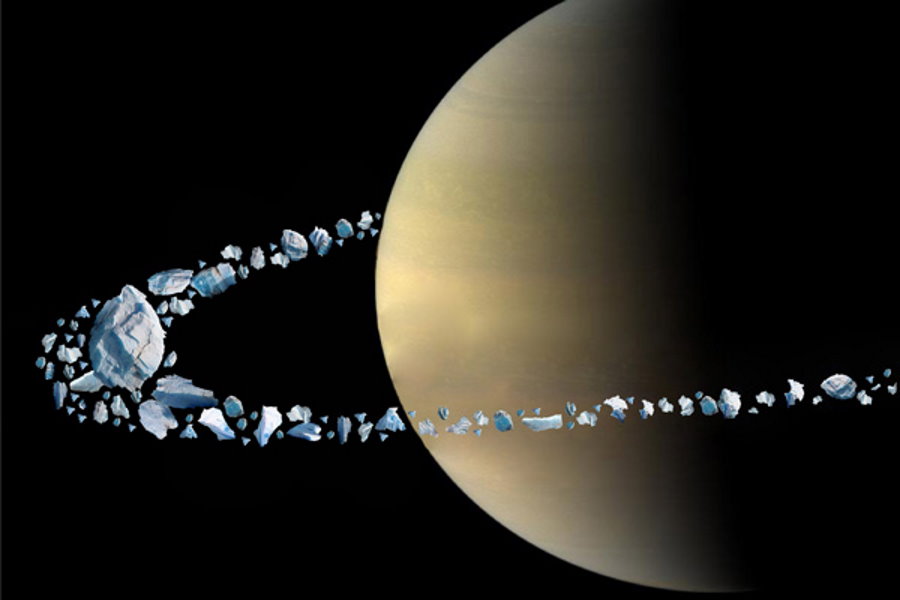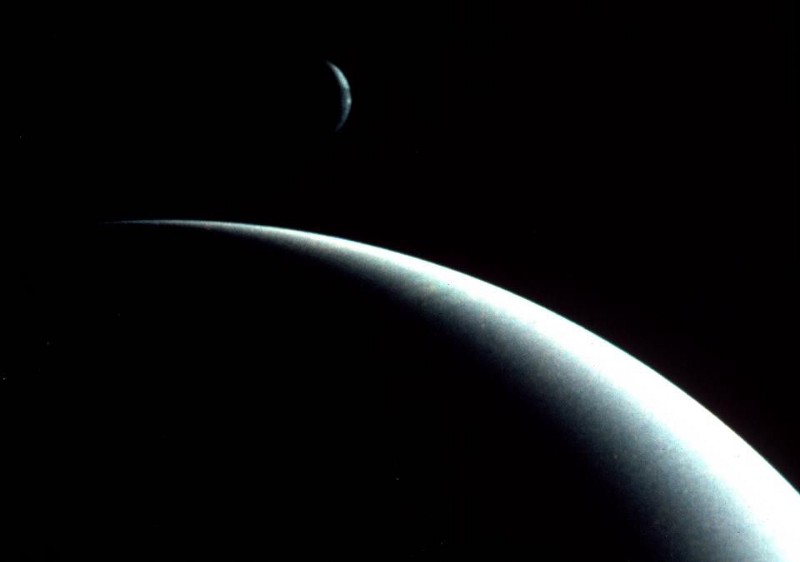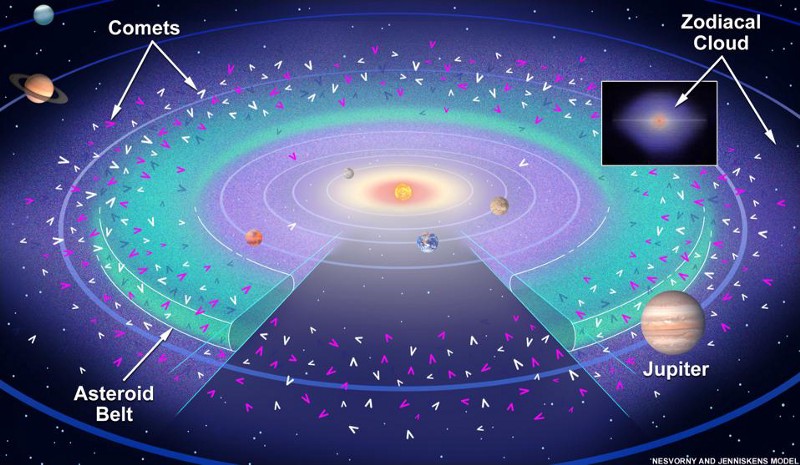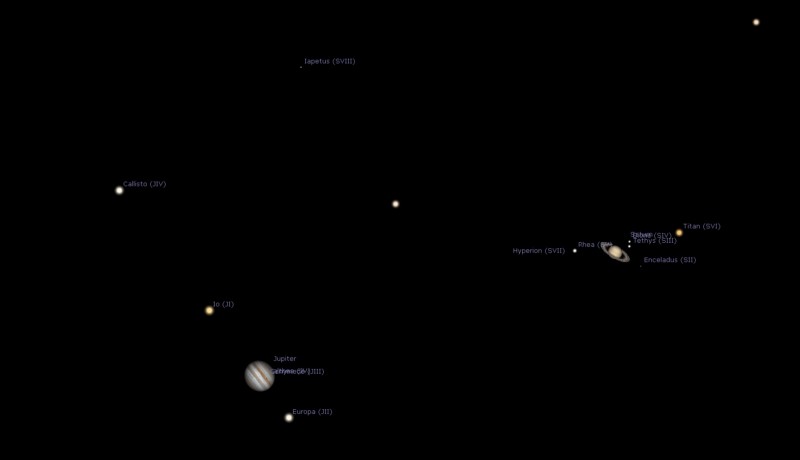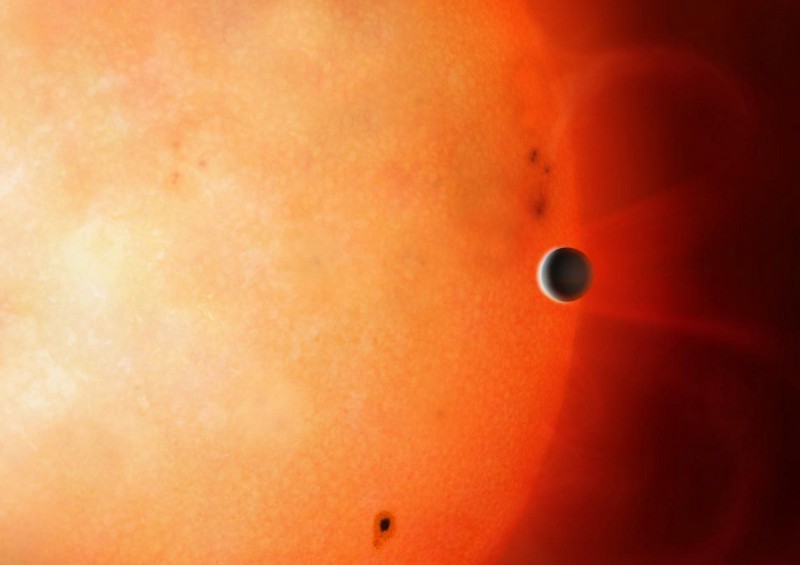Water is vital for life. Luckily for spacefaring humans, the solar system is full of it.
Search Results
You searched for: Uranus
Neptune holds records in our Solar System, but the Universe gets even faster. Here on Earth, extreme weather events can cause dramatic wind speed spikes. When hurricanes are at their most […]
In terms of the planets we’ve discovered, super-Earths are by far the most common. What does that mean for the Universe?
If there are human-sized creatures walking around on other planets, would we be able to view them directly?
Valles Marineris is the Solar System’s grandest canyon, many times longer, wider, and deeper than the Grand Canyon. What scarred Mars so?
In the largest star-forming region close to Earth, JWST found hundreds of planetary-mass objects. How do these free-floating planets form?
Some fascinating observations of K2-18b have come along with horrendous, speculative communications. There’s no evidence for oceans or life.
In 1990, we only knew of the planets in our own Solar System. Today, the exoplanet count is more than 5000. Here’s what we’ve learned.
All life forms, anywhere in our Universe, are chemically connected yet completely unique.
Every observation out into deep space is also a look back in time. Whenever you observe an object, you aren’t viewing it in its present state. When one of Jupiter’s moons […]
Red dwarf stars were supposed to be inhospitable. But TOI-700, now with at least two potentially habitable worlds, is quite the exception.
Jupiter’s mysterious auroral events are caused by vibrating waves of plasma.
You might be inclined to modify gravity instead, but those ideas have grossly unequal evidence supporting them. What is it, exactly, that you’re supposed to do when the predictions of […]
In our Solar System, even the two brightest planets frequently align in our skies. But only rarely is it spectacularly visible from Earth.
Back in 1990, we hadn’t discovered a single planet outside of our Solar System. Here are 10 facts that would’ve surprised every astronomer.
The Universe begins with negligible amounts of angular momentum, which is always conserved. So why do planets, stars, and galaxies all spin?
Whether or not life exists elsewhere in the Universe, we can be assured of one thing: We are the only human beings in the cosmos.
Want some crazy space phenomena? You don’t have to leave the neighborhood for it.
The sky is blue. The oceans are blue. While science can explain them both, the reasons for each are entirely different.
Scientists find routes using arches of chaos that can lead to much faster space travel.
The stars, planets, and many moons are extremely round. Why don’t they take other shapes?
Even though the leftover glow from the Big Bang creates a bath of radiation at only 2.725 K, some places in the Universe get even colder.
On other planets, blue skies and red sunsets aren’t the norm.
Planets are either rocky, like Earth, or gas-rich, like Neptune, with no in-between. What are the different types of planets that exist in the Universe? If all you could see […]
In all of science, no figures have changed the world more than Einstein and Newton. Will anyone ever be as revolutionary again?
Since the time of Galileo, Saturn’s rings have remained an unexplained mystery. A new idea may have finally solved the longstanding puzzle.
The largest moon around our last planet didn’t originate with Neptune. When it comes to the moons of our Solar System, there’s only one planet that doesn’t fit in with our […]
And the one step we can take to show extraterrestrials we’re figuring it out. Every year, Earth’s meteor showers accomplish two important tasks. This composite photograph shows a large number of […]
Don’t wait until Christmas to gift a telescope this year. All throughout the year, two bright lights have stood out in the post-sunset skies. Earlier this year, on March 31, 2020, […]
There are exposed planetary cores orbiting stars, and we may have already found them. When we take a look at the planets in our Solar System, there’s a pretty clear difference […]
